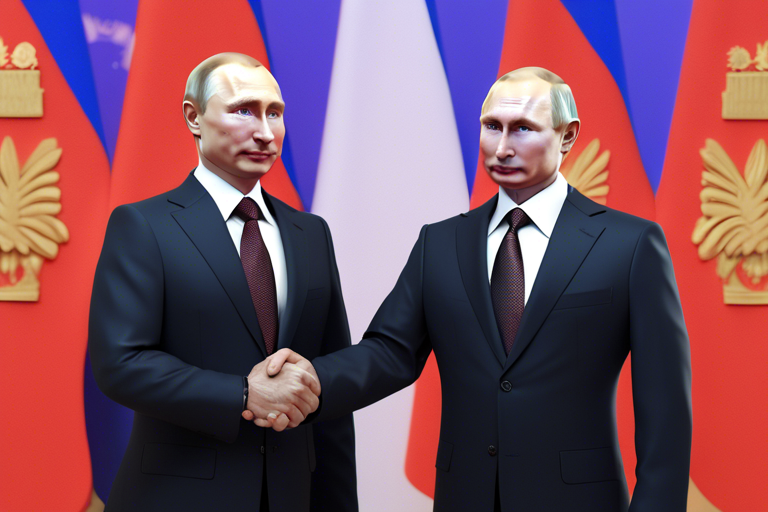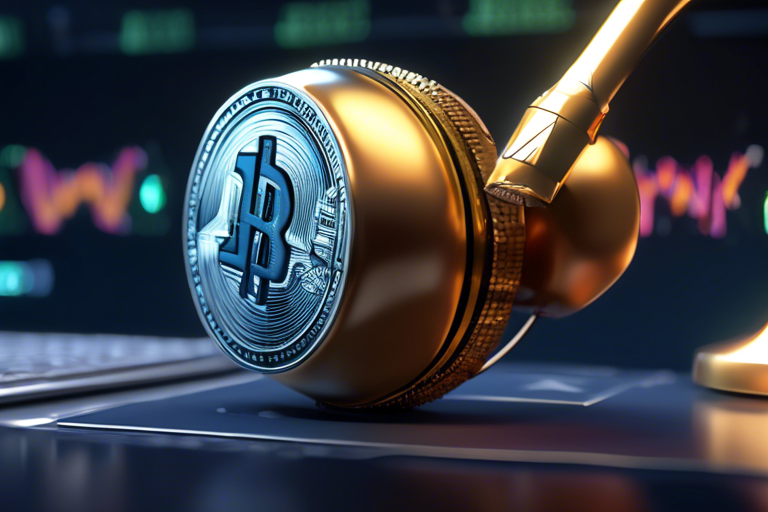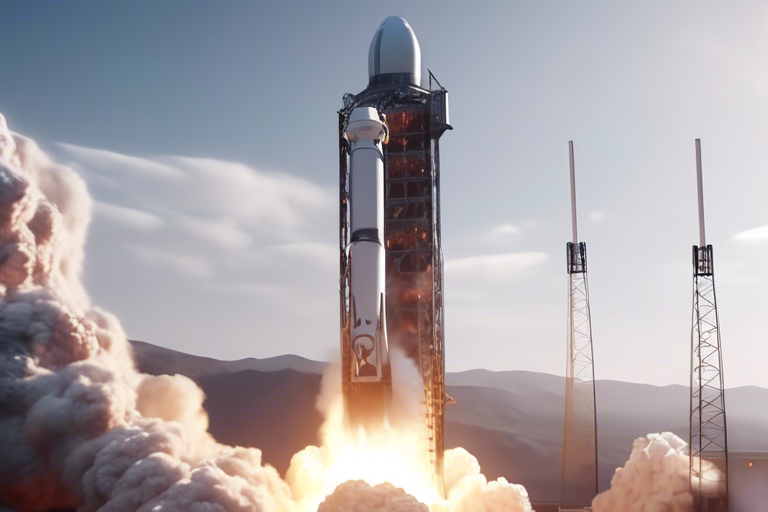Exploring Putin’s Asia Tour and the China-EU Trade War
In recent news, Russian President Vladimir Putin has been making significant moves in Asia, visiting countries like North Korea and Vietnam to strengthen military ties and explore economic partnerships. His visit to North Korea resulted in a defense mutual defense deal and increased arms trade between the two nations. Meanwhile, in Vietnam, the historical relationship between the two countries has shifted towards more energy cooperation, with plans for projects in wind power development. Putin’s strategic focus on Asia reflects Russia’s interest in balancing relationships with China, the US, and other global powers.
Putin’s Visit to North Korea and Vietnam
- Putin’s recent visits to North Korea and Vietnam have been met with warm welcomes and have strengthened military ties and economic partnerships.
- North Korea expressed appreciation for Putin’s visit, leading to a defense mutual defense deal and increased arms trade.
- Vietnam has shifted towards energy cooperation with Russia, focusing on projects in wind power development to balance relationships in the region.
Russia’s Growing Presence in Asia
- While Vietnam’s historical reliance on Russia for weapons has declined due to concerns about Western sanctions, energy cooperation between the two countries has strengthened.
- Vietnam’s transformation into a manufacturing economy presents opportunities for Russia to explore, despite competition from other global players.
- Putin’s visit to Vietnam signals a renewed focus on Asia, as Russia seeks to deepen its ties with traditional allies in the region.
Impact of China-EU Trade War on Electric Vehicles
On the other hand, the electric vehicle market is experiencing a trade war between China and the EU, with carmakers advocating for tariffs on each other’s vehicles.
- Chinese manufacturers facing European tariffs on EVs are pushing for a 25% tax on European cars with large internal combustion engines.
- The Biden Administration has announced new levies on Chinese EVs, causing tensions in the market.
- The trade war highlights the competitive nature of the global EV market and the challenges faced by Chinese manufacturers in expanding beyond their domestic market.
Challenges and Opportunities in the Electric Vehicle Market
- The Chinese EV market has experienced rapid growth, despite challenges such as overcapacity and intense price competition.
- Chinese EV makers are looking to expand into global markets, including South America and Australia, to tap into new sources of growth and market prestige.
- The shifting dynamics in the global EV market raise questions about the sustainability of Chinese manufacturers and the need for government support to ensure their survival.
Outlook on Central Bank Policies and Market Trends
In light of evolving economic trends and early indicators of potential weakness, central banks are facing challenges in navigating interest rate policies.
- Central banks may need to reevaluate their data-dependent approach and consider adjusting policies to support economic growth.
- Market analysts anticipate continued volatility in equity markets, driven by concerns about earnings quality and the impact of central bank accommodation.
- Investors may need to reconsider risk exposure and explore alternative strategies to protect their portfolios while capitalizing on market opportunities.
Conclusion
As geopolitical tensions rise in Asia and trade wars impact the electric vehicle market, investors and policymakers must navigate complex economic landscapes. Putin’s strategic moves in Asia and the evolving dynamics in the EV market reflect the challenges and opportunities facing global markets. Central banks play a critical role in shaping market trends, while investors must remain vigilant and adaptable to changing economic conditions. Stay informed and prepared to navigate the uncertainties and opportunities that lie ahead in the global financial landscape.
Hot Take: Navigating Geopolitical Challenges and Trade Wars in the Global Markets
As geopolitical tensions escalate and trade wars reshape global markets, investors and policymakers are facing complex challenges and opportunities. From Putin’s strategic moves in Asia to the electric vehicle trade war between China and the EU, the evolving dynamics in the global economy require careful navigation and strategic planning. Central banks play a crucial role in shaping market trends, while investors must remain agile and informed to capitalize on emerging opportunities and mitigate risks. Stay tuned for further developments and insights into the changing landscape of the global financial markets.





 By
By
 By
By
 By
By

 By
By
 By
By